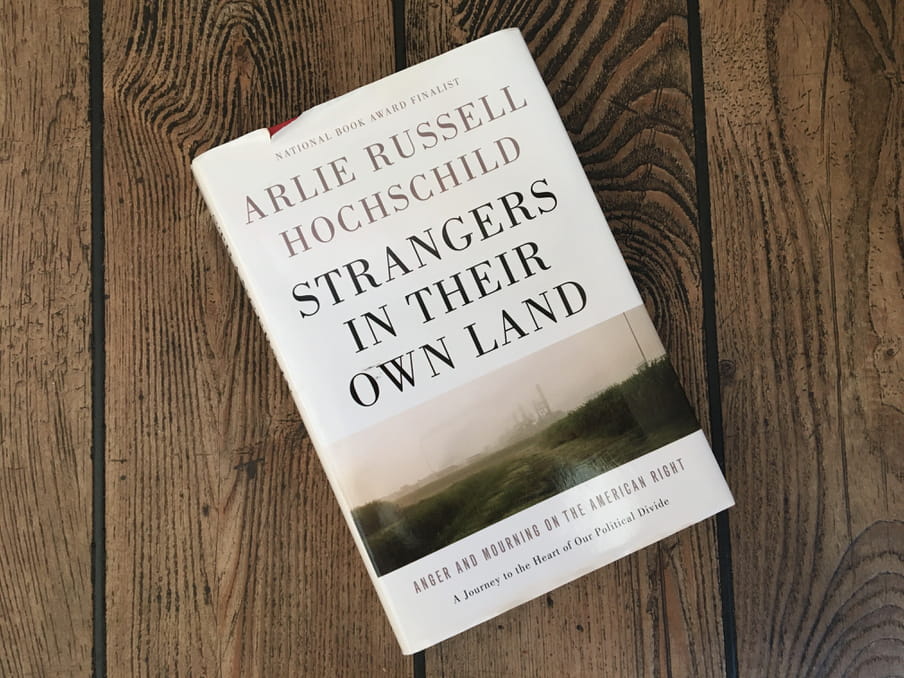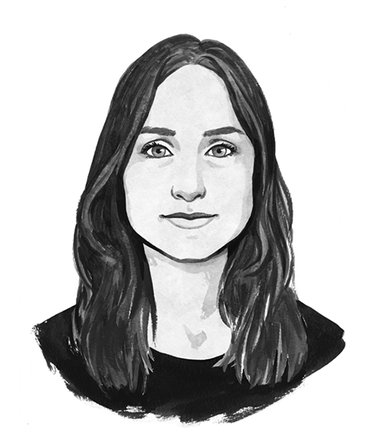Hi,
This book has been waiting for me for a while now:

To be precise: four years minus two months. I bought it just after the American elections to understand how it was possible that Donald Trump had won.
In Strangers in Their Own Land, which appeared in September 2016, sociologist Arlie Russell Hochschild describes how she immersed herself in the American right. Not by making abstract analyses, but by talking to people.
For five years she regularly stayed in the archconservative "Bayou Country" in Louisiana. She herself came from the liberal Berkeley, California, and so really stepped out of her own bubble.
In the city of Lake Charles she talked to people who were Tea Party supporters, to gospel singers and to truck drivers, and went to barbecues and Trump rallies.
Instead of dismissing them as crazy, Hochschild really wanted to understand why these people think so differently from her. The book is not only relevant because the American elections are coming up, but also because we can all – myself included– talk more often with people who don’t share our beliefs.
I will soon discuss the book on The Correspondent! I announce this now, so you have time to read it in advance, if you feel like it, and get ready for the discussion in the contribution section. The article will be published at the end of September.
Curious but don’t feel like reading the entire book? Ezra Klein had a good conversation with Hochschild in his podcast.
There’s an app for that
It’s been on our wish list for a while, and, finally, we have it: an app! If you’re a member of The Correspondent, you can now download it on both Android and iOS.
I’ve been playing with the beta version for a while and I can tell you: it looks beautiful and works great. You can listen to our stories as well as our podcasts on the app.
For now it’s purely an audio app, but there are plans to expand it in the future with, for example, text and video. Ernst-Jan Pfauth and Eliza Anyangwe tell you more about it in their full update.
Before you go ...
... There are four materials that the modern world is built on, but that are destroying it at the same time. What are the alternatives? Read this unique take by archaeologist Maikel Kuijpers.
 Prefer to receive this newsletter in your inbox?
Follow my weekly newsletter to receive notes, thoughts, or questions on the topic of numeracy.
Prefer to receive this newsletter in your inbox?
Follow my weekly newsletter to receive notes, thoughts, or questions on the topic of numeracy.

